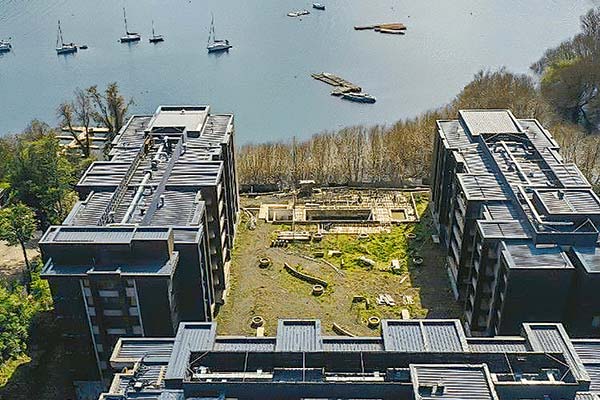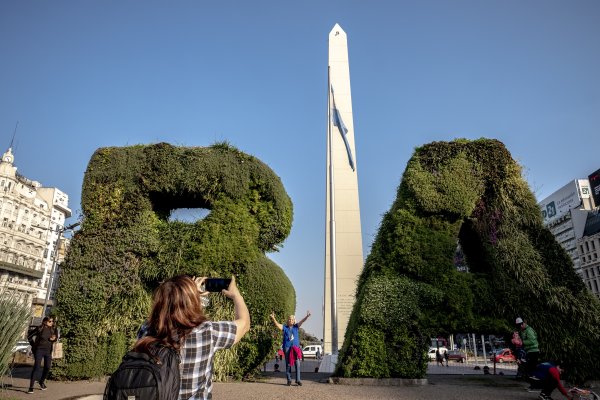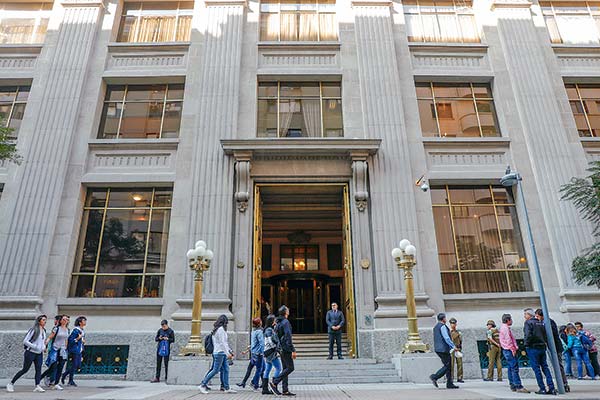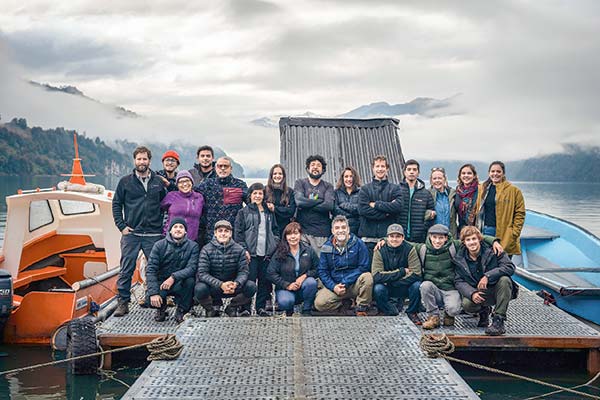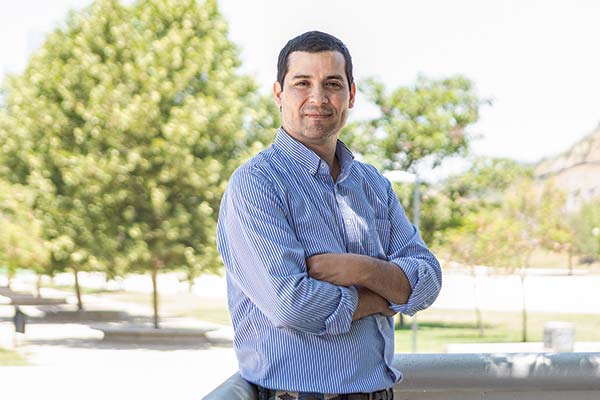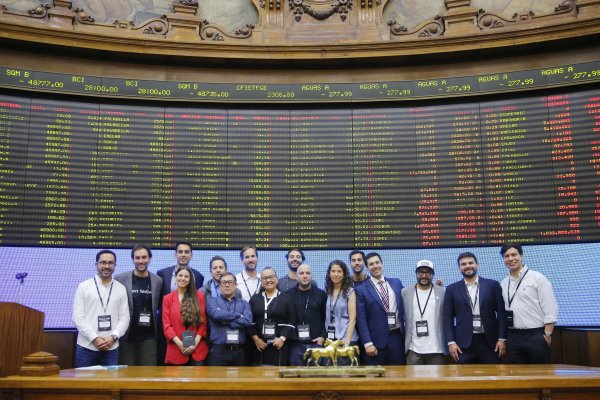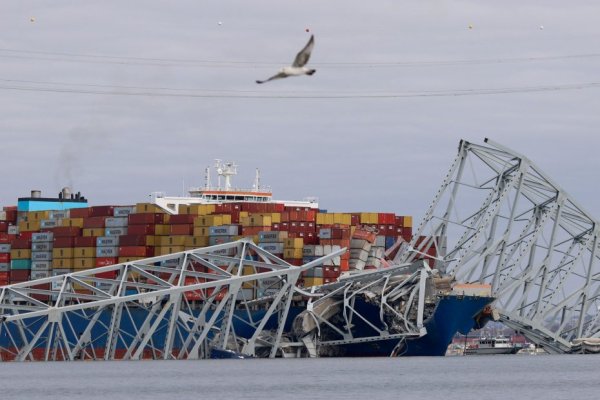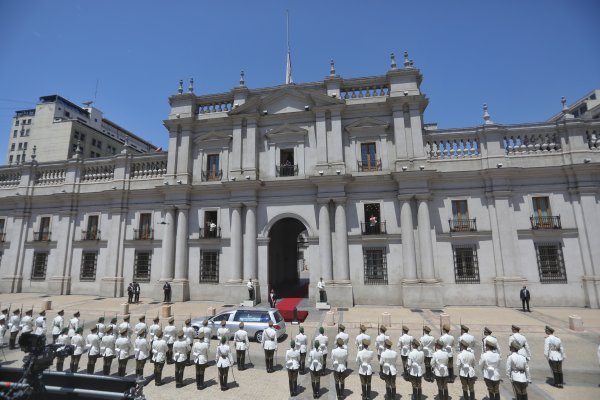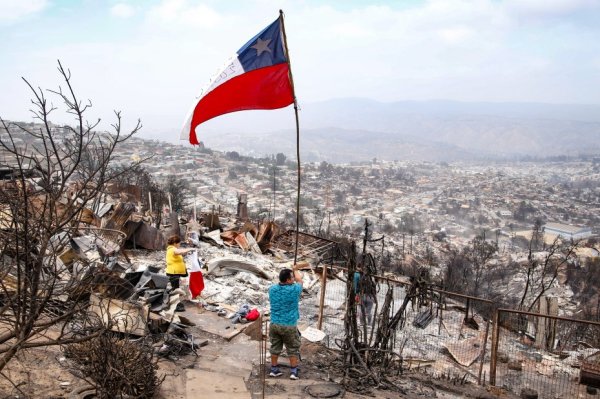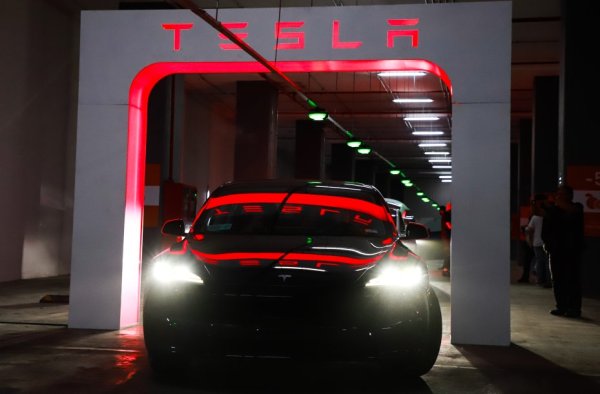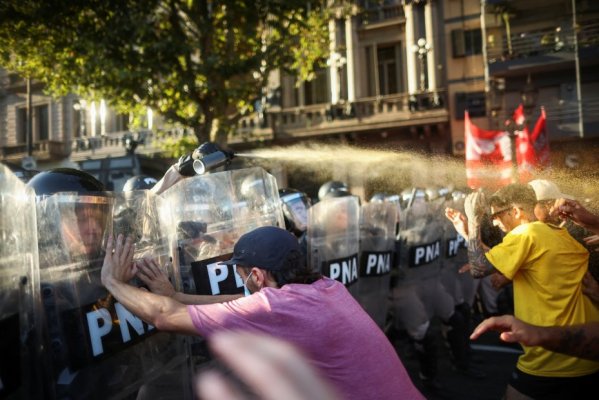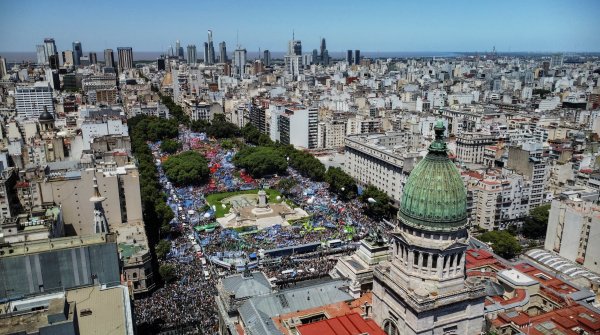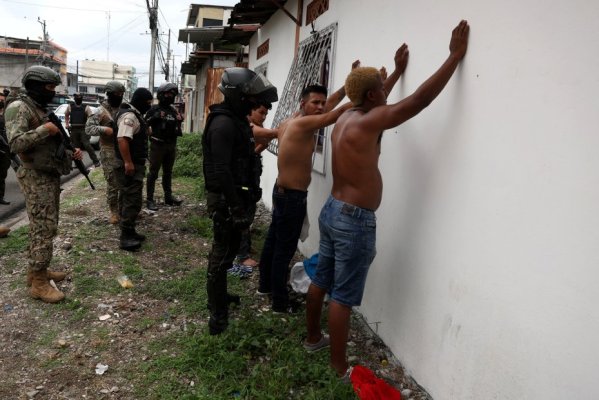DF Conexión a China | Tanteando un nuevo orden global
Francisco Urdinez Doctor en Relaciones Internacionales, experto en diplomacia económica de China, académi-co UC
- T+
- T-

Francisco Urdinez
Si algo podemos concluir anticipadamente de cómo será el mundo post-pandemia, es que la brecha de poder entre Estados Unidos y China será menor. Esto aumentará la presión sobre las organizaciones internacionales, que deben funcionar como colchones que “amortiguan” los golpes entre dos grandes potencias. El reciente fracaso de la OMS en la respuesta a la pandemia de Covid-19, y el anterior de la OMC durante la guerra comercial, demuestran que el orden internacional vigente, creado tras la II Guerra Mundial, no está preparado para responder a semejante desafío histórico.

Las transiciones de poder no siempre llevan a la guerra. Cuatro de las ocho transiciones hegemónicas desde 1500 han sido pacíficas, y el más reciente ejemplo es de la hegemonía británica a la norteamericana. La creación de nuevas organizaciones, o refundación de las ya existentes, será la clave para evitar la guerra. Y podemos ver que China ya está acomodándose a esta nueva realidad de manera anticipada.
Por un lado, es evidente que hay competencia por desarrollar la vacuna contra el Covid-19 y por quien domina la infraestructura del 5G en los próximos años. Este tipo de competencia no se veía desde la carrera al espacio entre EEUU y la URSS. China, además, se consolida fuertemente como un proveedor de bienes públicos globales, con La Franja y la Ruta (BRI, en inglés) como gran marco estructurador. Este proyecto tiene poco o nada de concreto en América Latina, pero si hay otros donde China está muy presente. En los últimos dos meses, la “diplomacia de las mascarillas” tuvo ecos aquí mismo en Chile.
Lo cierto es que ser líder global cuesta dinero y requiere legitimidad. Lo primero está garantizado, y el BRI ha servido como canalizador del enorme excedente de liquidez en bancos políticos y grandes empresas estatales chinos, que dio continuidad a la política llamada “Going Global” para promover la inversión extranjera directa en el mundo. La legitimidad, sin embargo, es más cuestionable.
China carece en tal grado de lo que se llama “poder blando” (atractivo y legitimidades culturales), que en todo lo que hace se cuestionan intenciones ocultas. En América Latina, históricamente apegada a valores occidentales, las inversiones y créditos chinos siempre han generado sospecha. Para peor, hoy Venezuela y Argentina están fuertemente endeudadas con bancos políticos chinos, y muchos se preguntan cómo se comportará Beijing cuando le toque jugar el ingrato papel de acreedor.
EEUU, amenazado por el crecimiento del poderío chino, explota esta desconfianza a su favor y América Latina es un claro ejemplo de esto. Beijing y Washington compiten por influencia internacional, e incluso dentro de los países compiten por influencia en los respectivos gobiernos, creando divisiones entre los ministros. Vivimos una tensión entre los valores pro-EEUU y las necesidades económicas pro-China.
Trying out a new global order
Francisco Urdinez
PhD in International Relations, expert in Chinese economic diplomacy, UC faculty
If there is one thing we can conclude in advance about what the post-pandemic world will look like, it is that the power gap between the United States and China will be smaller. This will increase the pressure on international organizations, which must function as buffers between two major powers. The recent failure of the WHO to respond to the Covid-19 pandemic, and the previous failure of the WTO during the trade war, demonstrate that the current international order, created after World War II, is not prepared to respond to such a historic challenge.
Transitions of power do not always lead to war. Four of the eight hegemonic transitions since 1500 have been peaceful, the most recent example being from British to American he-gemony. The creation of new organizations, or the re-founding of existing ones, will be the key to avoiding war. And we can see that China is already adjusting to this new reality in advance.
On the one hand, it is clear that there is competition to develop the vaccine against Covid-19 and for who dominates the infrastructure of 5G in the coming years. This kind of competition has not been seen since the race to the Moon between the US and the USSR. China, moreover, is strongly consolidating itself as a provider of global public goods, with The Belt and Road Iniciative (BRI) as a major structuring framework. This project has little or nothing concrete in Latin America, but there are others where China is very present. In the last two months, "mask diplomacy" has had echoes right here in Chile.
The truth is that being a global leader costs money and requires legitimacy. For China, the former is guaranteed, and the BRI has served as a channel for the huge surplus of liquidity in China's political banks and large state-owned companies, continuing the policy called "Going Global" to promote foreign direct investment in the world. The legitimacy, however, is more debatable.
China so lacks what is called "soft power" (attractiveness and cultural legitimacy), that in everything it does, hidden intentions are presumed. In Latin America, historically attached to Western values, Chinese investments and loans have always generated suspicion. To make matters worse, today Venezuela and Argentina are heavily indebted to Chinese political banks, and many wonder how Beijing will behave when it has to play the ungrateful role of creditor.
The United States, threatened by the growth of Chinese power, exploits this distrust in its favor and Latin America is a clear example of this. Beijing and Washington compete for international influence, and even within countries they compete for influence in their respective governments, creating divisions between ministers. We are experiencing a tension between pro-U.S. values and pro-China economic needs.

































